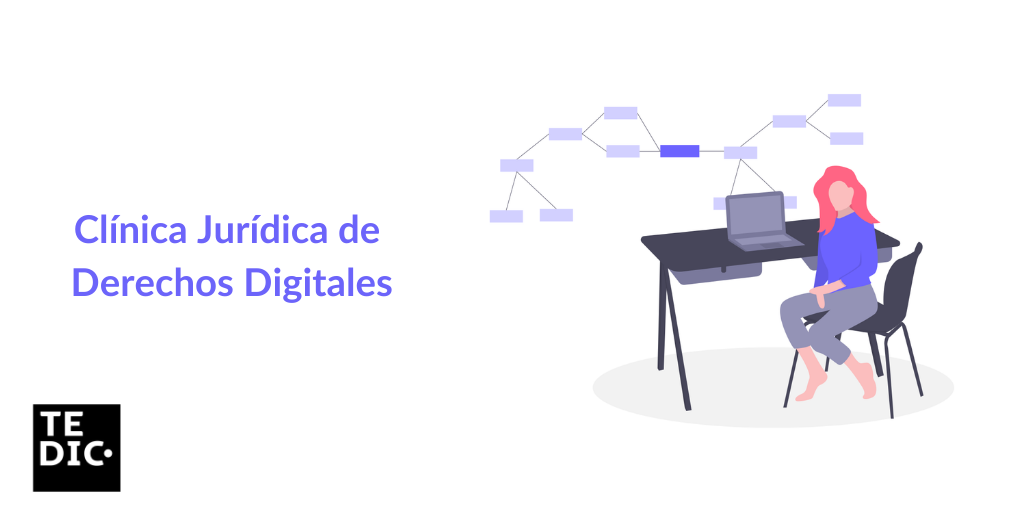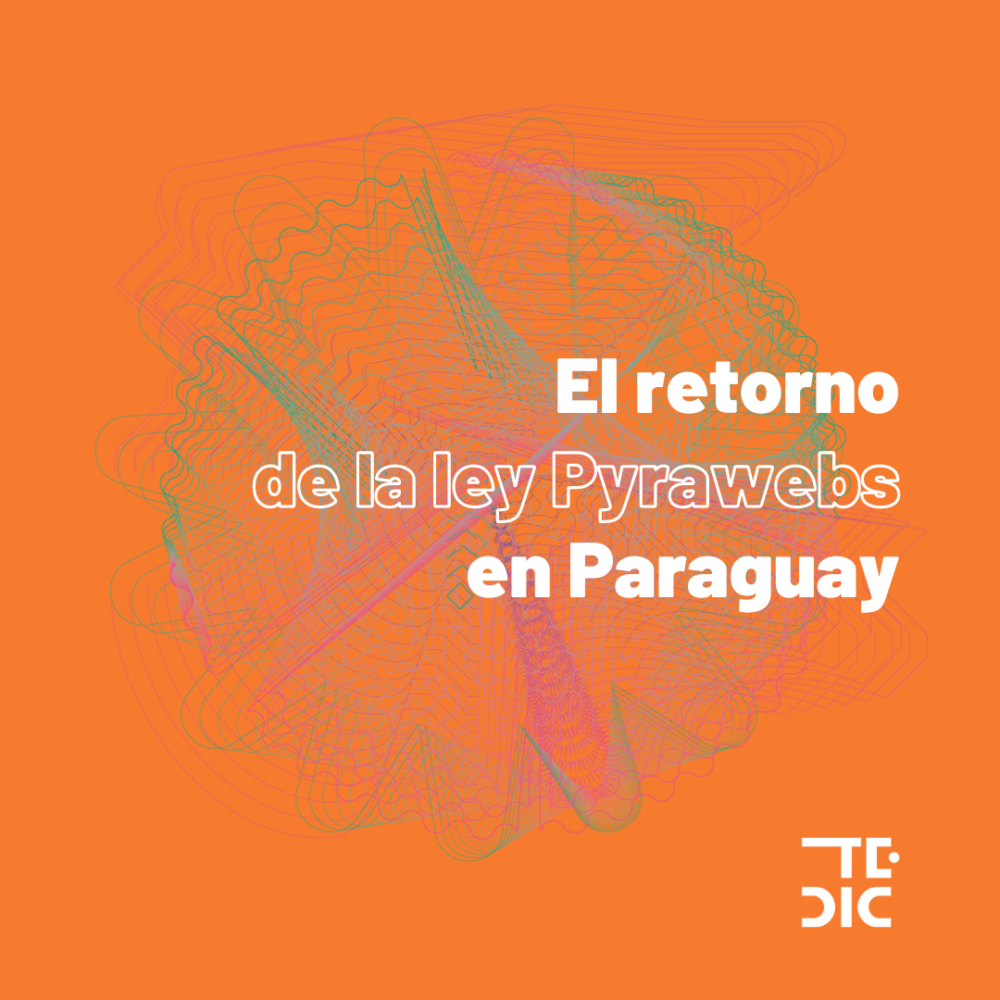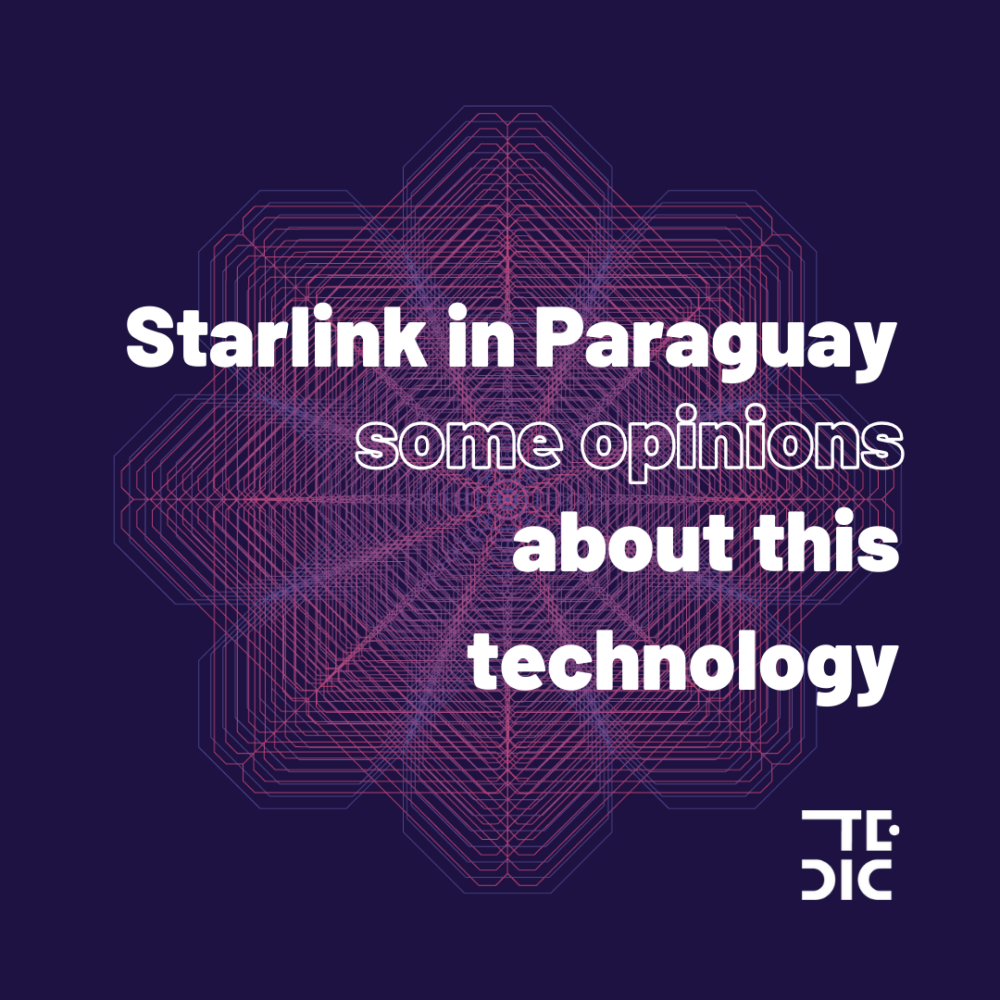
This month of November marks the inauguration of the legal clinic on digital rights organized by TEDIC and the Law School of the National University of Asunción (UNA). The clinic comes about as a TEDIC initiative within the framework of the actions carried out to make visible the need for Paraguay to have a comprehensive legal framework for the protection of personal data.
The absence of legislation regarding the protection of personal data poses a risk to the exercise of some of our fundamental rights enshrined in the National Constitution of Paraguay, and is a direct consequence of the lack of knowledge and experience on the protection of personal data among state institutions. A clear example of the risks associated to this absence of legislation is the implementation of new technology without considering a legal framework based on human rights standards, such as the use of surveillance software and infrastructure against journalists conducting an investigation considered to be detrimental to the Armed Forces; the unconstitutional bill proposing an indiscriminate collection of biometric data from those purchasing a SIM card; the enactment of ‘patch laws’ (such as the “Anti-spam law”) aiming to solve only specific issues out of the many problematic consequences arising from the abuses in the dissemination of personal data; or the installation of biometric facial recognition cameras in public spaces without carrying out studies about the proportionality of the measure’s potential harms compared to its alleged benefits. All these examples are proof of the extent to which the protection of personal data in Paraguay is far from adequate, allowing the violation of some constitutional rights and guarantees such as the Right to privacy (NC, Art. 33) and the Inviolability of private communications (NC, Art. 36).
Taking into account the exponential growth of technology, we deem it necessary for future legal professionals to be trained in these matters from the perspective of the protection of the fundamental rights of all members of society.
Within this context, the clinic aims to promote human rights in digital environments and highlight the need to reinforce a human rights perspective in the implementation of technology, while providing legal practice in this area of law. After evaluating the applications received, 10 male and female law students have been admitted to be part of this initiative, implemented within the framework of the University Extension programs. The clinic schedule will be developed in two stages: 1. Student training 2. Research work.
The first stage will consist of the deployment of the “Human Rights, Technology and Internet” program, which aims to deepen knowledge on the subject, allowing a more appropriate analysis of power relations and technology, based on rights. The program has 6 units:
- Right to Privacy
- Self-determination regarding information
- Cybersecurity and cybercrime
- Right to Freedom of Expression
- Access to knowledge in digital environments
- Gender and Technology.
The second stage will consist of the analysis and discussion of actual cases, followed by the posing of legal problems and litigation strategies. It will be submitted in the form of a research paper that will later be published on the TEDIC communication channels.


 The return of the Pyrawebs law
The return of the Pyrawebs law  Starlink in Paraguay: are there risks or concerns about this technology?
Starlink in Paraguay: are there risks or concerns about this technology?